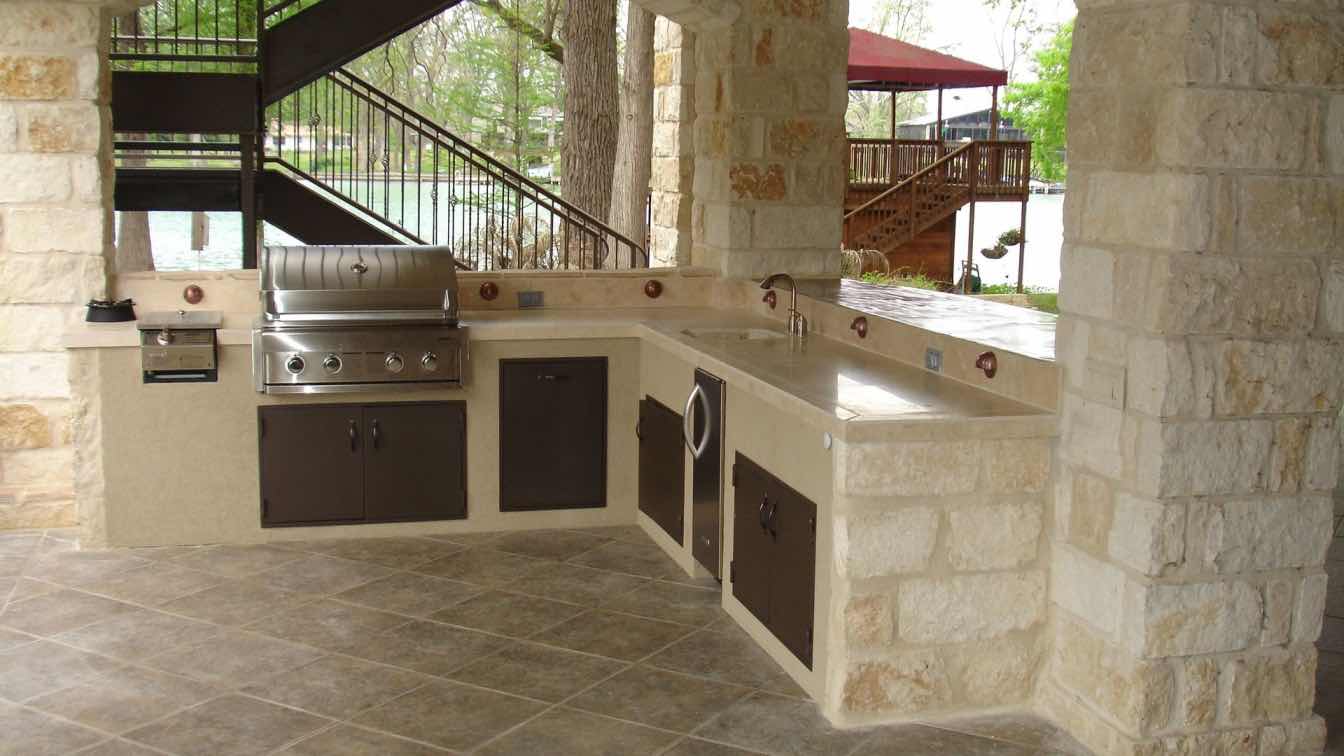Rental property can be very lucrative if you take care of the insurance and the things it covers. Rental property insurance, also known as landlord insurance, safeguards you against specific risks for an extended period of time. You need to be aware of all potential risks, so before you rent your house or vacation home, take care of the proper insurance because it’s a safeguard against any financial dangers. If you want to know about the possible options, follow this article for some useful tips.
Protect Your Property
When you buy a house, it’s one of the biggest and most significant purchases of your life. Yet, you have to be careful and figure out how to protect it properly, so if you aren’t experienced with it, ask somebody who knows things better. To secure yourself, research objective comparisons on home insurance and provide yourself with the best insurance for your home. Ask more experienced folks to help you compare different insurance companies and their prices, so you can decide what is the best option for you and your family. In that way, you won’t get confused or cheated, because you’ll have the most accurate information.
If you’re renting out a commercial space, having the right business insurance can offer peace of mind and protect you from unexpected costs.
Possibility of Dwelling Coverage
Before you decide on a specific insurance policy for your rental property, try to understand what will be covered by it. Carefully read the conditions and what they offer, for you won’t be able to charge for damage that remains uncovered. For instance, rental property insurance can cover physical damage to the structure of your house or apartment itself. That means that insurance will cover damage to your roof and walls, but it won’t protect the personal things of your tenants, so you need to know which perils are covered by the particular policy.
Insurance Saves Your Personal Property
Most rental property insurance won’t cover the personal property of your tenants, but different conditions are offered for the landlord. Therefore, rental property insurance often includes protection and coverage of the things left by the landlord. For instance, if you have a lawnmower or any other machine at your rental house and it’s damaged by fire, your damage will be covered by rental property insurance. It applies in the event that fire is a covered peril in your insurance policy. On the other hand, if your tenant bought some other machine damaged by the same fire, he or she won’t be covered by your rental property insurance.
The Option for Liability Coverage
This is also a useful option for landlords, that is covered by their rental property insurance. Liability coverage can protect you from medical costs if it happens that your tenant is injured on your rental property. Sometimes, due to certain perils, a visitor or a tenant is injured at your rental house, and you can be deemed responsible. Yet, you can be saved because your insurance will cover the costs up to your policy limits. If the coverage isn’t enough to cover potential liabilities and costs, you can purchase additional insurance for the rental property and cover them.
Look for a Comprehensive Insurance Policy
The moment you decide on the insurance, you need to be aware that it will vary by insurer, so coverage that is standard for one insurer can be unavailable or optional with another. For it, consider the best combination of price and coverage and add certain items to your rental property insurance policy.
Make sure that you add vandalism coverage because that insurance covers deliberate physical damage to your home. Also, seek coverage for a loss of value or costs connected with enforcing laws surrounding the repair of property caused by an insured loss.
Purchase Renter's Insurance to Cover the Loss of Rent
This type of insurance gives you protection against lost rent payments if your property is uninhabitable due to a covered peril. It’s a type of guarantee insurance, and it can be very helpful. For instance, if your property insurance covers fire damage, which makes your house uninhabitable, it will cover all the rental payments your tenants aren’t obligated to pay. This type of coverage lasts for some period of time, usually twelve months, so you need to check your policy before buying it if this type is important to you.
Taking all this into account, it’s clear that you have various options on how to protect your rental property and should opt for the best insurance. The first thing that every landlord needs to know is what’s really necessary for the protection of the rental property and then choose the insurance that suits best. In that way, landlords can be sure that they’re fully protected from any possible peril.





